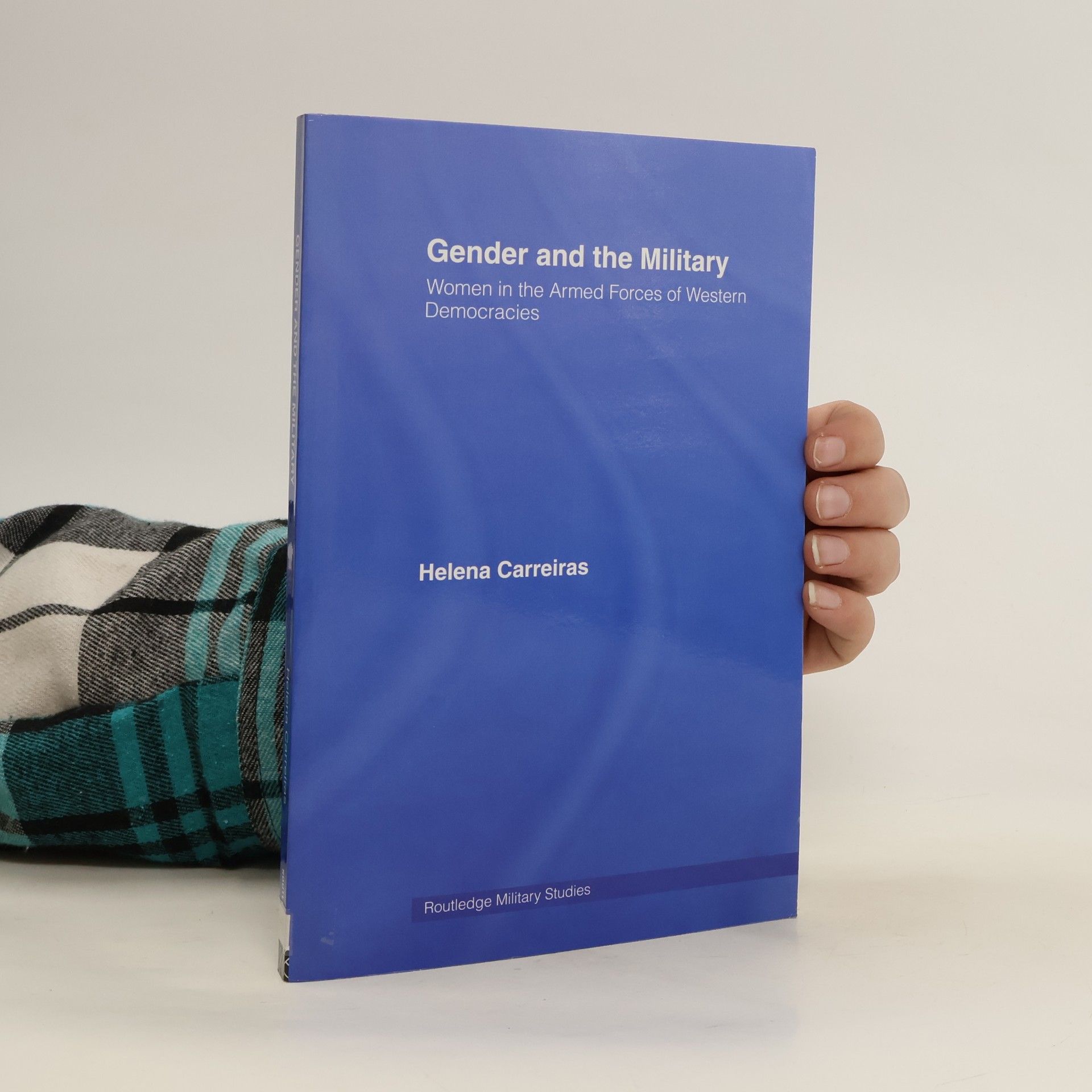Gender and the Military. Women in the Armed Forces of Western Europe
- 282pagine
- 10 ore di lettura
Women in the military and their relationship with war often provoke controversial reactions that reveal entrenched stereotypes and cultural values central to many societies. This is the first comparative, cross-national study of the participation of women in the armed forces of NATO countries.
